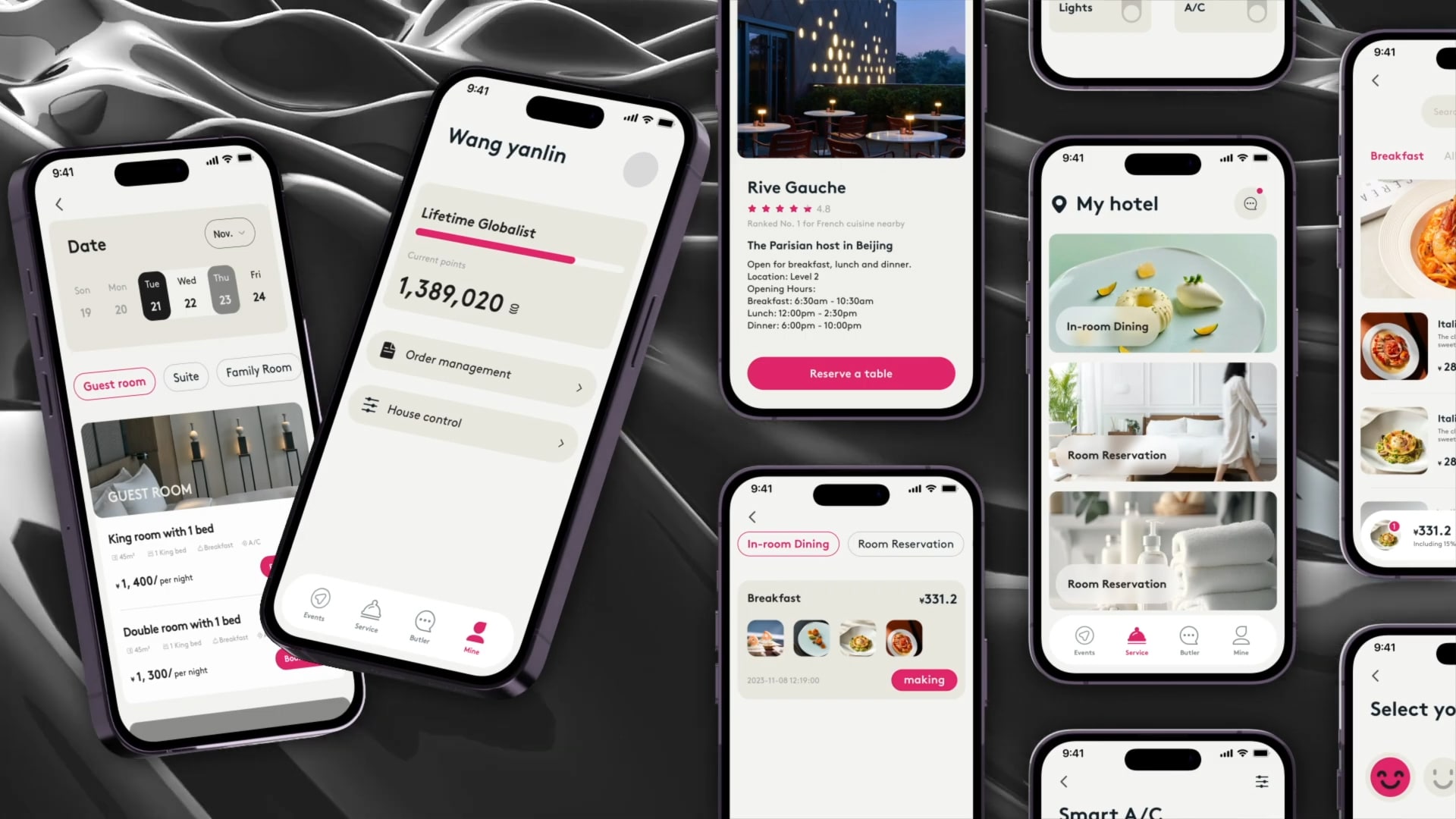Bili Q, a digital solutions provider for the travel and hospitality sector, has raised an eight-figure RMB sum in a Series A+ funding round backed solely by Tiantu Capital. The company plans to use the capital to accelerate development of its travel media platform and to advance R&D and commercialization of its artificial intelligence technologies.
Founded in 2016, Bili Q bases its strategy on using AI to personalize travel experiences. It operates two product ecosystems: a travel media platform that enhances guest experiences through in-room content and operations, and an “in-journey immersive consumption” ecosystem. The latter debuted with Insider, an AI agent application launched at Xi Lake in Hangzhou.
The travel media platform has become Bili Q’s core business. Founder Wang Yang first brought online television technology into hotel rooms in 2016, developing MyCoolTV for entertainment use. In 2021, Bili Q shifted to a platform model that expanded beyond infrastructure to include content and copyright services. The goal, Wang said, is to deliver localized history, food, architecture, and cultural stories to travelers, “like a large-screen version of Xiaohongshu or Douyin.”
Bili Q’s platform now spans hotels, resorts, theme parks, attractions, cruise ships, serviced apartments, and senior living communities across the Asia Pacific region. The company has master service agreements with major hotel and resort groups such as Marriott and Hyatt, covering brands including Bulgari, Four Seasons, Rosewood, and Waldorf Astoria. It also works with Viking Cruises, Universal Beijing Resort, and Legoland, reaching more than 80 million users annually.
Wang told 36Kr that Bili Q’s success comes down to three factors:
- First, the company entered the market early during the rise of online home entertainment, which gave it a technological lead that it continues to build upon
- Second, Bili Q develops its own apps and operates MyCoolTV, maintaining a structure that supports personalized content distribution.
- Third, it focuses on performance-based partnerships, offering revenue-sharing models that reduce operational risk for partners.

Wang said that agentic AI offers advantages in immediacy, privacy, and immersion. “In hotels, we can trigger content automatically. When a guest enters the room, the screen turns on and recommendations begin immediately. The hotel screen is larger, clearer, and more private than a phone, and guests stay on it longer,” he said.
He added that as agentic AI advances, voice interaction will replace remote controls, reducing the effort required to navigate screen interfaces, similar to Tesla’s upcoming Cybercab concept, which revolves around a single large display. Bili Q is preparing the supporting technologies and content rights for that shift.
In its immersive consumption business, Bili Q differentiates itself from online travel agencies by focusing on real-time, in-journey experiences. Insider’s launch signals this direction, and broader market conditions support the trend toward experience-driven tourism. According to Chinese media reports, 12 of 16 publicly listed tourism firms recently warned of first-half losses, even as domestic travel remains strong. Citing data from the Ministry of Culture and Tourism, 36Kr reported that domestic trips reached 4.998 billion in the first three quarters of 2025, an 18% year-on-year increase.
China’s tourism sector faces a structural imbalance between supply and demand. A model that depends on ticket sales and scale is losing viability, while experience-rich and emotion-driven travel is reshaping spending patterns. To address this change, Bili Q identifies its main traffic source as on-site scenarios and promotes immediate, on-the-spot consumption. Insider’s advantage, Wang said, lies in its ability to deliver the right content at the right moment.
At Xi Lake’s Wansong Academy, for instance, Bili Q designed a photo tour experience for a visiting student group from Singapore, allowing participants to explore in period costume. “For the Wansong Academy project, we expect full-year revenue to rise at least 30%, and we’re aiming for 40%,” Wang said. This projection is an internal claim and is not attributed to external financial documentation.
Only 10% of Bili Q’s revenue currently comes from its scene-based innovation projects. Wang expects the mix to shift over the next five years, with about 70% coming from scenic and travel experiences and 30% from hotel-related operations. This forecast is also an internal projection.
Wang graduated from the Beijing Institute of Technology in 2002 and began his career in marketing at Skyworth. He later led national B2B sales for hospitality, real estate, and media at Samsung and other firms. When home entertainment began moving online, he anticipated similar potential in commercial environments and founded Bili Q in 2016.
Before the latest round, Bili Q had completed two earlier funding rounds. Its first institutional investor was Liu Zhen, chairman of Guanghe Tianrun, a longtime media service provider to CCTV. In 2023, the company raised RMB 210 million (USD 29.4 million) in strategic funding from Coocaa, whose shareholders include Skyworth, Tencent, iQiyi, and Baidu. Coocaa focuses on home applications, while Bili Q targets commercial ones.
KrASIA Connection features translated and adapted content that was originally published by 36Kr. This article was written by Zhong Yixuan for 36Kr.
